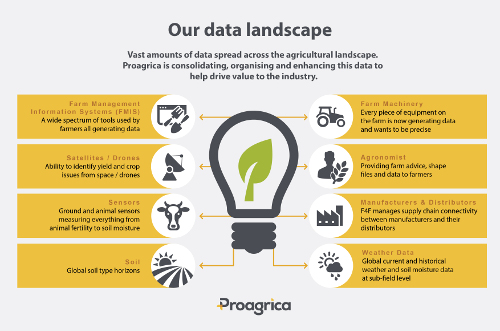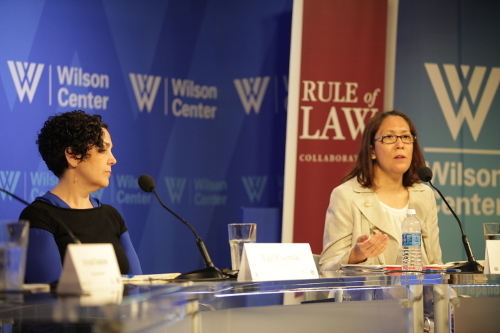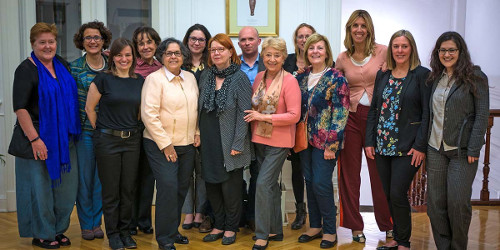The RELX Group Environmental Challenge is awarded to projects that provide sustainable access to safe water where it is presently at risk and/or access to improved sanitation. Projects must have clear practical applicability, address identified need, and advance related issues such as health, education, or human rights. There is a $50,000 prize for the first place entry and a $25,000 prize for the second place entry. This directly assists SDG 6.1 and 6.2 to achieve universal and equitable access to safe and affordable drinking water and access to adequate and equitable sanitation and hygiene, for all.
Media has an important role to play in tracking progress towards the SDGs. The Human Rights Around the World and In the Media News Tracker provides a valuable tracking tool to chart the SDGs and their progress across the globe. This tool provides insights that will benefit all of the SDGs and in particular the targets set for SDG 16 Peace, Justice and Strong Institutions.
Proagrica has produced a White Paper report which sets out how its technology supports evidence-based production and the impact that will have on the world’s ability to feed the world sustainably. Driven by the power of big data to drive insights at farm level, solutions such as Proagrica will significantly advance SDG 2.4 to ensure sustainable food production systems and implement resilient agricultural practices that increase productivity and production.
At the heart of Responsible Tourism are commitments to transparency and accountability. It is a process of addressing the sustainability issues which arise in a particular place and which the business can do something about, materiality matters. But it is not enough to focus only on the process, it is important to report the achievement. This blog explores reporting frameworks, rating initiatives, certification, recognition and showcases best practice.
The role of private enterprise and the rule of law was explored in a series of panel discussions at the Wilson Center in Washington DC on 17 May 2017. A range of expert panelists from across business and academia share their insights and initiatives, including Terry Jennings, Head of Rule of Law Development at LexisNexis Legal & Professional. Furthering the discourse on the rule of law is a vital component of SDG 16.3 to promote the rule of law at the national and international levels and ensure equal access to justice for all.
Gender InSITE is an international initiative to promote the role of women in science, innovation, technology and engineering - supporting the goal of SDG target 10, Reduced Inequalities. The Elsevier Foundation has been a long-time advisor and supporter of GenderInSITE, most recently providing a $40,000 grant for two thematic workshops in 2017: one addressing Latin America, exploring how a gender perspective in science education is indispensable to a sustainable development and the second in the South African region focusing on Gender and Innovation.
Elsevier,
Principles of Gender-Specific Medicine (Third Edition), Gender in the Genomic Era, 2017, Pages 733-741
The chapter explores gender-specific medicine. It advances SDG Goal, Gender Equality, by ensuring gender is considered in treatments of illness and disease.
Smart cities use data and technology to drive energy efficiency and are on the increase. The advantages of integrating energy efficient technologies into building planning and urban modelling are understood, but what are the risks? This article considers the threat of cyber crime on smart cities and the technology that these cities rely on, drawing out the links between SDG 7 and SDG 9. On the one hand, smart cities support the need for open data whilst on the other hand increased protection and security of that data will be required to avoid the threat of cyber attacks.
This chapter advances SDGs 3, 10, and 16 by focusing particularly on the evolutionary/cognitive explanations of racial categorization.
Neurochemical Aspects of Alzheimer's Disease Risk Factors, Pathogenesis, Biomarkers, and Potential Treatment Strategies, 2017, Pages 47-91
This book chapter advances SDG #3 and #10 by reviewing the risk factors for Alzheimer’s Disease, including normal aging, diet, sedentary lifestyle, sleep disturbances, genes [amyloid precursor protein (APP), presenilin 1 (PSEN1), PSEN2, and APOE], environmental factors, and epigenetic factors.





